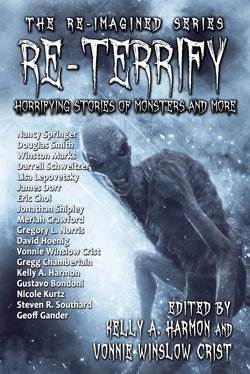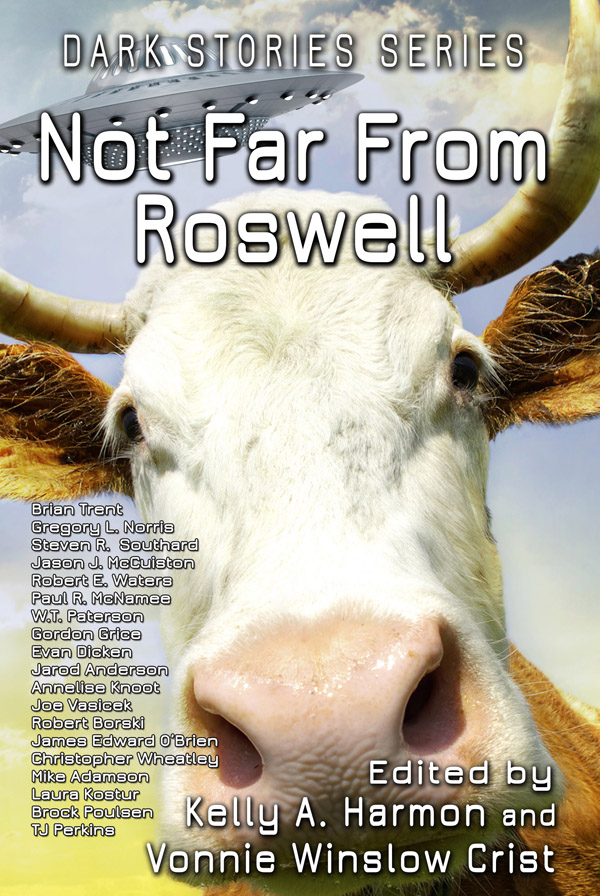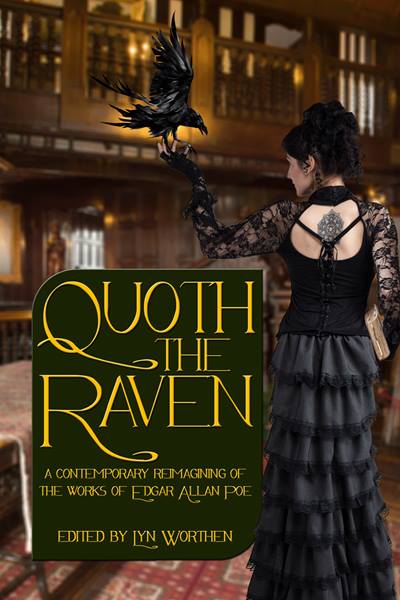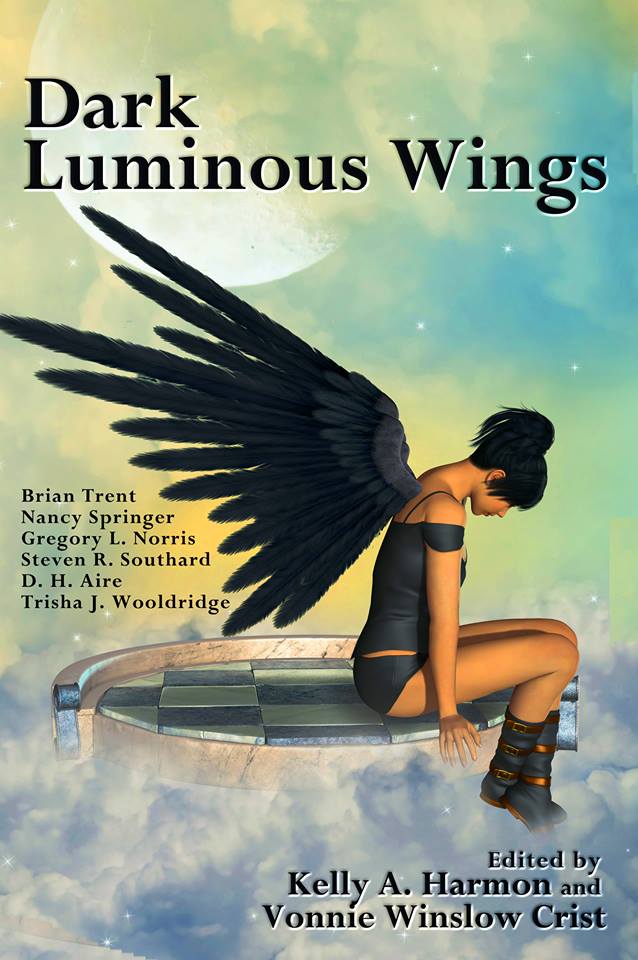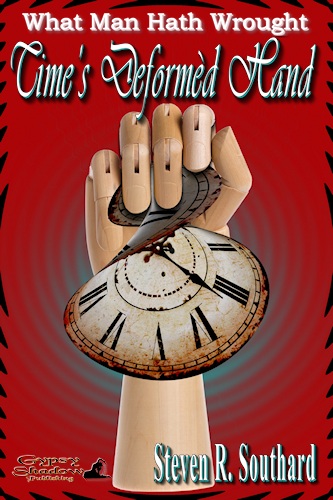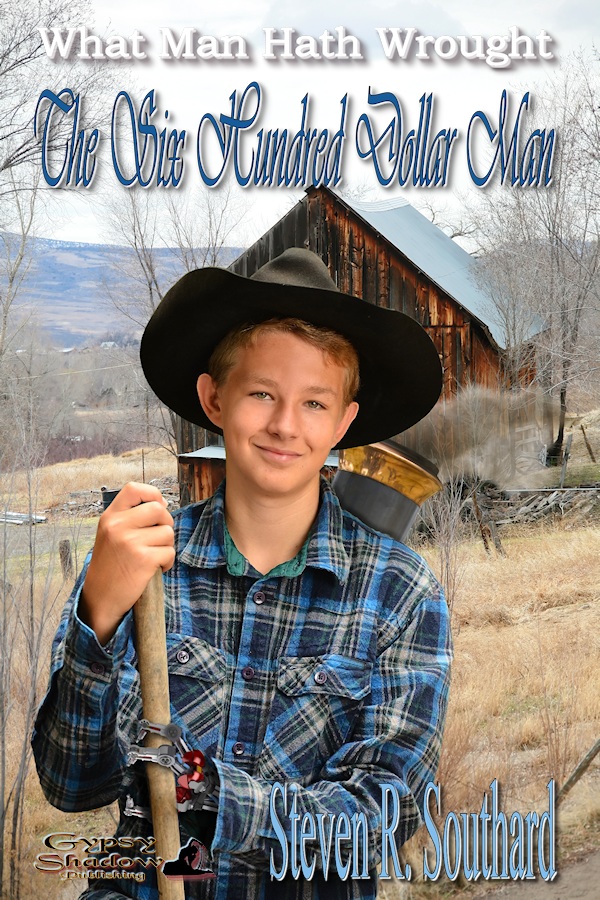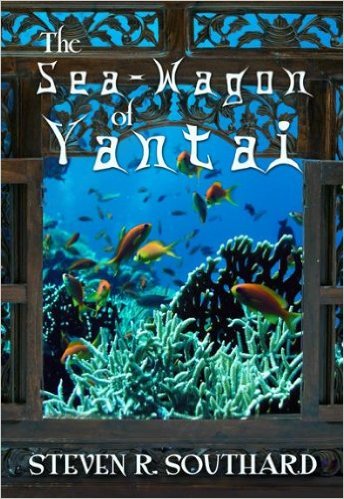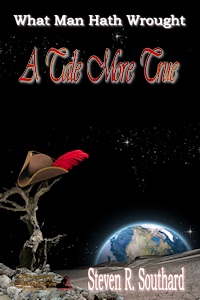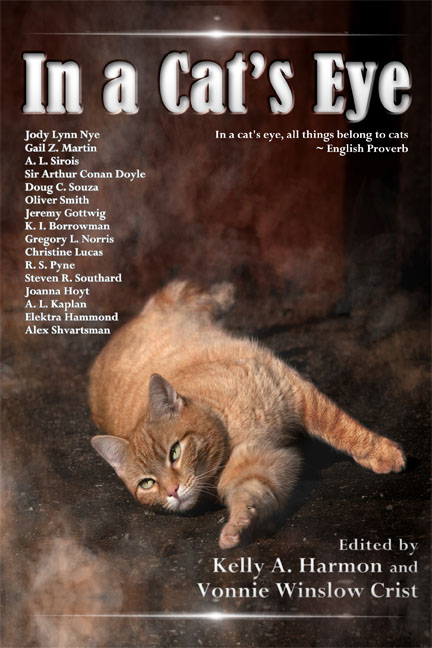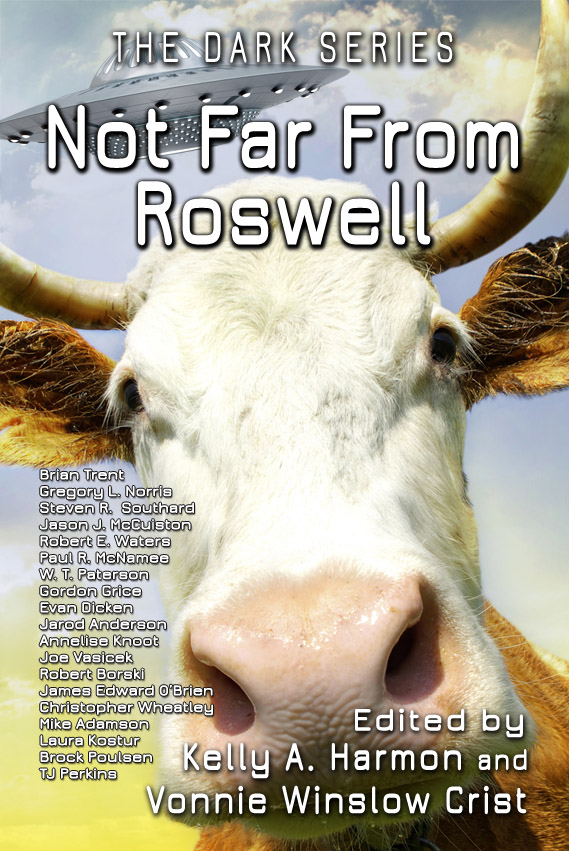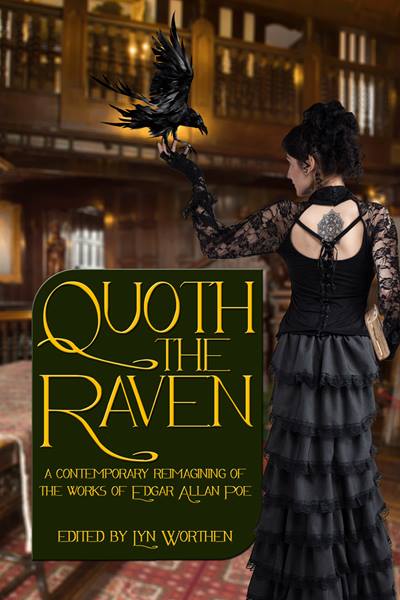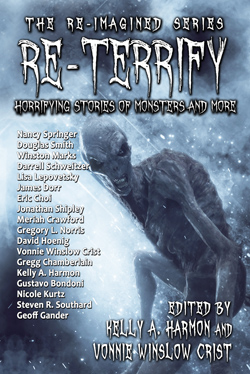Last week I wrote about the opening lines in a story. But before you read the opening, you read the title. Do you struggle to come up with appropriate, catchy titles for your stories? Read on…
Some writers have no problem with titles. In fact, there are authors who think up a clever title, and write a story to suit it.
On the other hand, some start with a ‘working title,’ intending to come up with a real title later. When that time arrives, they get stuck, unable to create a suitable title. Writing the 5000-word story was no problem, but coming up with just 1-10 words is maddening.
Author Stephen Pressfield offers some great advice in this blogpost. He says to let the theme of your story suggest the title, and he gives some great examples.
In her post on titles, author Lynne Lumsden Green goes a bit further. She says a title should (1) be memorable, (2) encompass the theme of the story, and (3) not give too much away.
I agree, though I don’t think you should agonize over your title. I’d spend more time on the story’s opening and closing lines. Even so, I often brainstorm about 20-30 titles before hitting on the right one.
Be aware, when choosing your title, even words like ‘the’ can be important. That word denotes one particular thing. To take an example from my stories, “Moonset” (from the Re-Terrify anthology) evokes a periodic event that happens daily. “The Moonset” suggests one particular setting of the moon. The one-word version was more appropriate for my story.
Here are some explanations for the titles of my stories:
“Broken Flute Cave” is also the setting of the story, a cavern so-named because a modern discoverer found what looked like broken flutes inside. My story is the origin story, or pourquoi story of the last Native American flute player to occupy that cave.
“Reconnaissance Mission” (in the Not Far From Roswell anthology) has a double meaning in this story. The tale follows Army Sergeant Major Edgar Allan Poe as he participates in a recon mission to Nuevo México. There he finds his is not the only team conducting such a mission.
“The Unparalleled Attempt to Rescue One Hans Pfaall” (in the Quoth the Raven anthology) is a sequel to Edgar Allan Poe’s story “The Unparalleled Adventure of One Hans Pfaall.” I could hardly have titled it any other way.
“Instability” (in the Dark Luminous Wings anthology) is another title with double meanings. A medieval monk builds wings and tries to fly, but can’t control his flight. Moreover, some of the other monks question his sanity.
“Time’s Deformèd Hand” is a phrase from the Shakespeare play “The Comedy of Errors.” My story—in the clockpunk genre—has many references to time, clocks, and calendars, and errors associated with time measurement. The grave accent mark (`) means to pronounce that usually-silent ‘e’ as you would in ‘ranted.’
“Last Vessel of Atlantis” (combined in one volume with “Rallying Cry”) evokes the wonder of that legendary lost continent. The word ‘vessel’ has two meanings in the story—a ship and a container of liquids. In fact, the first published version of that story was titled “The Vessel.”
“The Six Hundred Dollar Man” references the 1970s TV show “The Six Million Dollar Man” but mine is a steampunk version taking place in the American Wild West.
The next time you’re stressing about how to title a story, you’ll remember the profound and timeless advice of the one who titles himself—
Poseidon’s Scribe

